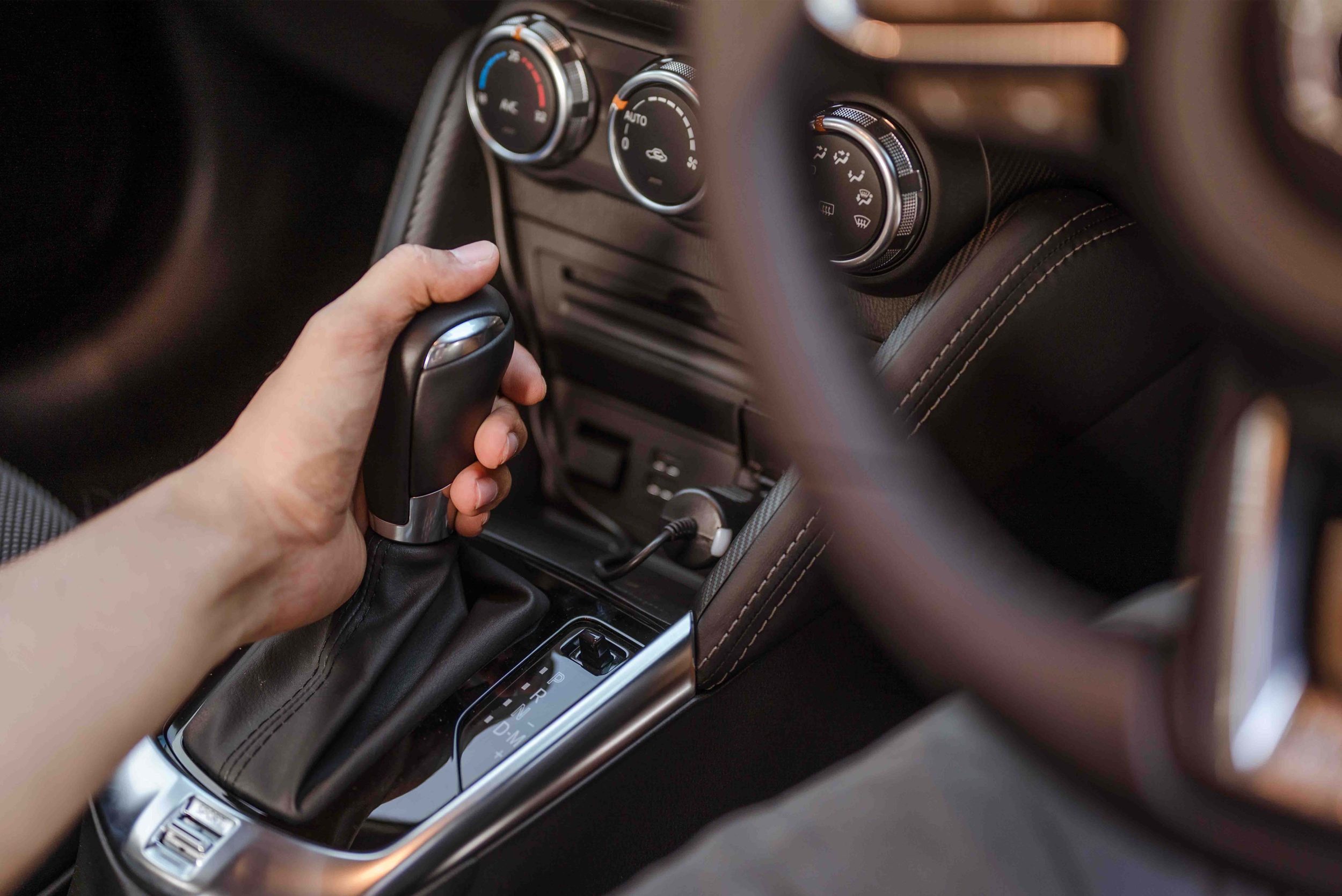Car insurance companies offer many different policies and it’s easy to be confused about what to get. With so many to choose from, it’s tempting just to go for the cheapest type of car insurance to save some money. But it’s important to make sure the policy is right for you.
Many drivers in the UK are uninsured and, in 2021 alone, over 100,000 of them had their vehicle seized by police. While it might be tempting to take the risk, getting caught driving without insurance could land you with points on your licence and a fine. You also won’t be covered if you’re involved in an accident, or if your vehicle is stolen or damaged.
So, while the best type of car insurance for you might not be the cheapest, it could save you a lot of time, hassle and money in the long run.
There’s a lot to think about when considering what type of car insurance you need. Here we look at the three types of car insurance available and what to consider when taking out a policy.
Third-party insurance
This is the minimum type of car insurance cover you should get and is a legal requirement. In the UK it covers any third-party vehicle, driver or passenger affected by an accident you cause. Put simply, third-party insurance will cover:
- any costs if another vehicle is damaged and it was your fault
- any costs related to injuries to passengers in another vehicle
- any costs related to passengers in your own vehicle.
It’s important to remember that third-party insurance does not cover any damage to your own car or injuries to you, if you were at fault – so, if something were to happen, you could be left with a hefty bill. If you’re involved in an accident that was caused by the other driver, however, their insurance will still cover your costs.
This type of car insurance will only cover you to drive the vehicle named on your policy so, if you’re planning to use another car, you’ll need to take out additional cover.
It’s worth considering the risks and benefits of taking out a third-party policy, as well as costs to replace your vehicle, before you decide. Third-party cover used to be the cheapest type. This is not always true now because there are so many high-risk drivers and fewer insurers offer this type of policy.
Third-party fire-and-theft insurance
As with third-party insurance, taking out a third-party fire-and-theft policy will cover any other vehicle, driver or passenger involved if an accident was your fault. This type of insurance is the next level up from third party and will also cover you if your vehicle is stolen or damaged by fire.
As with all policies, you’ll need to be aware of the full details of what you’re covered for. In some circumstances your insurer might not pay out even if your car is stolen or damaged by fire. These include leaving your vehicle unsecured or parked overnight in a location not stated on your policy.
Many drivers choose this policy as it offers a bit more protection than third-party-only insurance, if damage occurs to the vehicle through someone else’s actions.
Comprehensive car insurance
This type of insurance provides the broadest cover and will pay out regardless of who is at fault. It also covers against fire and theft as well as any damage caused by you. The following aspects will usually be covered on a fully comprehensive policy:
- accidental damage to your car or another vehicle
- injuries to others caused by an accident
- stolen or damaged personal items
- fire damage
- theft
- windscreen repairs.
Depending on your individual policy, you’ll most likely have to pay an excess (the first part of any claim) if you make a claim. You should look into any extras you want that are not included. Many insurers will add cover for extras such as:
- breakdown cover
- no claims bonus protection
- courtesy car
- legal cover.
Most drivers tend to choose comprehensive car insurance cover as it offers the highest level of protection and often works out as the most reasonable when comparing the cost of the policy to that of the vehicle. If your car is new or high value, you might only be able to take out comprehensive cover.
Other factors to consider when looking at types of car insurance
It’s a good idea to shop around to find the best policy and price for you, particularly if you need specialist cover, temporary cover or insurance for multiple vehicles.
What you’ll be using your vehicle for
The intended use of your car will affect your policy and it’s important to be upfront about your needs or you might find yourself uninsured in some circumstances.
All well as three types of car insurance, there are also three main classes of use:
- Social, domestic and pleasure – this includes general day-to-day activities such as shopping, visiting friends, doing the school run and going on holiday.
- Social, domestic, pleasure and commuting – this includes all the above plus travelling to and from one place of work.
- Business use – this is used when driving is part of your job or if you commute to multiple places of work during your day.
All policies will vary, so check your cover details to make sure you’re properly protected.
Insurance for young drivers
Insurance for inexperienced drivers can be expensive so it’s worth doing some research if you’re looking for the best type of car insurance for young drivers. An insurer will take into account your age, any no-claims discount, how long you’ve been driving and the type of vehicle you have.
There are ways to reduce the policy cost for a young driver, including:
- Using a telematics box – this policy rewards good driving so, the better you drive, the less you pay. But it can also have the opposite effect and, if your driving is less than careful, you could end up paying more.
- Take Pass Plus training – this course gives you more experience in driving after passing your test and might entitle you to a car insurance discount once completed.
- Adding an experienced named driver to the policy – just be careful not to state a parent or other responsible driver as the primary one, as this is illegal if it’s not true.
- Choose the right vehicle – driving a high-end, sporty car will inevitably cost you more in insurance so, if it’s your first vehicle, choosing something more sensible should reduce your premiums.
There are also tailored policies available for learner drivers which can offer more flexibility than standard insurance cover.
What type of insurance to get when renting a car
The good news is, most car rental companies will also provide basic insurance as part of the rental agreement, and this usually includes damage, theft and third-party liability. This can vary across different rental companies, so it’s always worth clarifying what cover they provide and whether it’s included in the rental price.
For more top tips and advice for drivers, check out our news or help and support sections.



